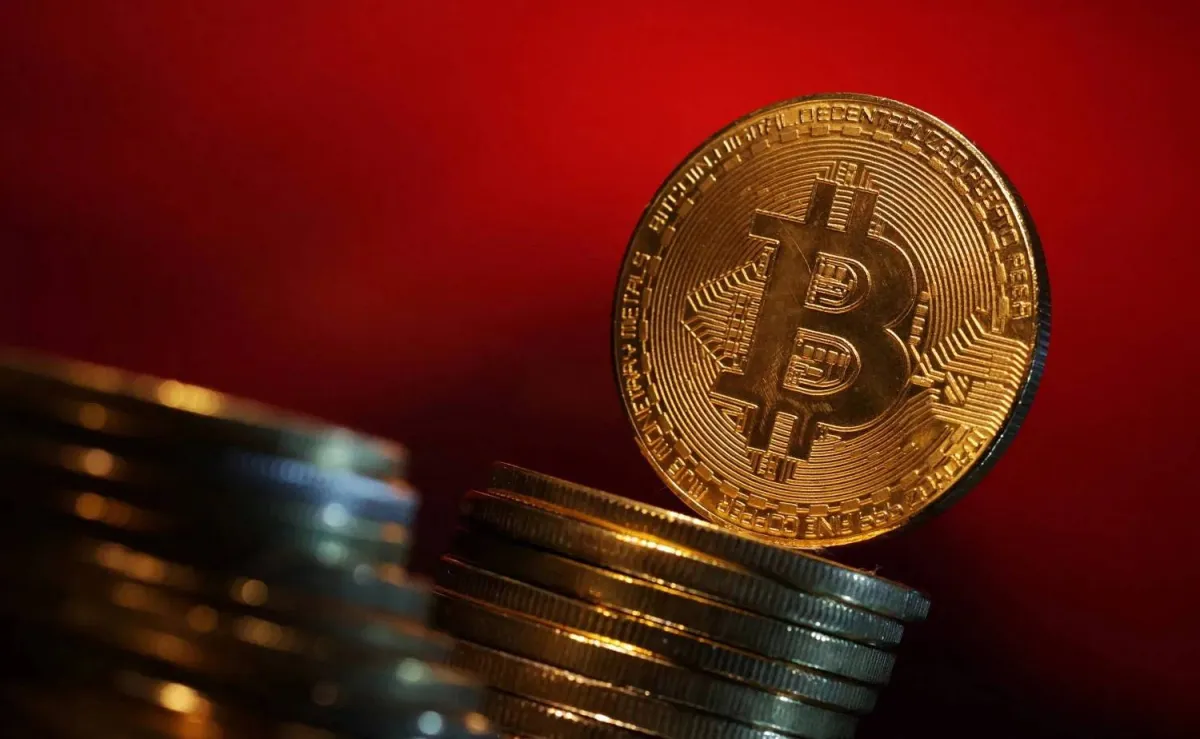Switzerland’s central bank boss said bitcoin is too volatile and not liquid enough for use as a reserve currency, amid calls for a referendum on the issue in the wealthy nation.
Cryptocurrencies do not meet the standards “that a good currency should have,” Martin Schlegel said in an interview published Saturday in Tamedia media group newspapers.
They are “extremely volatile,” making them difficult to manage, while currency reserves “must be very liquid so that they can be used quickly,” said Schlegel, who has run the country’s Swiss National Bank (SNB) since October 2024.
The SNB intervenes frequently on currency markets to prevent the Swiss franc from appreciating.
He noted cryptocurrencies are a “niche phenomena” mostly used for speculation, and that they raised security issues because they “are basically just software.”
In December 2024, a popular initiative was launched – as is common under the Swiss system of direct democracy – seeking to require that the central bank’s monetary reserves include bitcoin, considered the most mature cryptocurrency.
Organizers of the initiative have until the end of June 2026 to collect the 100,000 signatures needed to hold a referendum.
The cryptocurrency market has been dealt a massive hit, with losses surging to over $1.7 trillion. The current total market value of cryptocurrencies has decreased to reach $2.87 trillion.
On Friday, bitcoin fell below $80,000 for the first time since November. It has now fallen more than 25% from the peak of almost $110,000 it hit several hours before the inauguration of President Donald Trump on January 20.
Spooked by the looming tariffs proposed by Trump, investors triggered a sell-off on Friday in risk-sensitive currencies, such as the Australian dollar, sent bitcoin tumbling and bolstered the dollar as a safe haven.
On Thursday, Trump said his proposed tariffs of 25% on Mexican and Canadian goods would take effect on March 4, along with an extra 10% duty on Chinese imports, defying expectations of those who hoped for a further delay in the levies.










